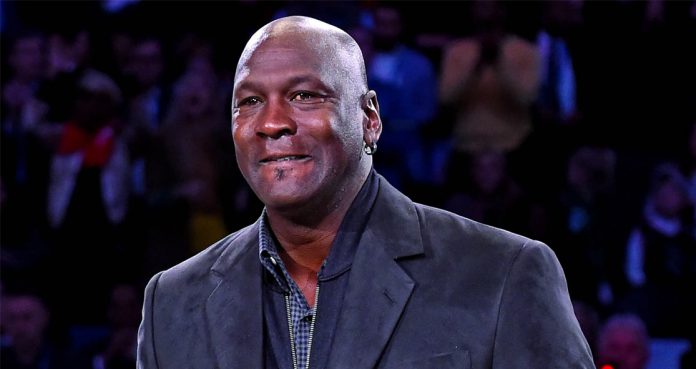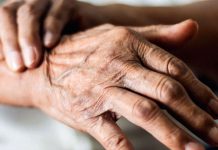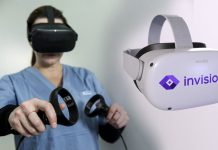Low-income communities in Charlotte will be receiving healthcare services in two medical facilities – thanks to Michael Jordan.
On Thursday, the Charlotte Hornets owner opened one of two healthcare centers called the Novant Health Michael Jordan Family Medical Clinic.
The basketball legend became visibly emotional when he spoke about opening the first two healthcare facilities in Charlotte. He donated more than $7 million to develop two clinics that provide access to medical care for children and adults in underprivileged, low-income, and at-risk communities in Charlotte.
The first healthcare facility is located west of the Center City, which will deliver high quality, cost-effective primary and preventative care, including physical therapy, behavioral health, dental health, family planning, social work, and more.
Jordan said, “As you can see, this is a very emotional thing for me to be able to give back to a community that has supported me over the years.”
“This is just the start of a battle of being able to touch as many people as we can,” he added.
The 56-year-old said, “The money doesn’t matter, the name really doesn’t matter. It’s this commitment that I’ve partnered up with — unbelievable partners, who see a need within this community, based on the stats that I’m pretty sure you guys have heard and read about, that are devastating — to make an impact and to make a change.”
The clinic has already started making a good impact on the locality.
In 2017, Jordan was moved by results of a study from the University of California, Berkeley, and Harvard University, which reported that Charlotte is having the worst odds for “upward economic mobility” of children living locally in poverty.
At that time, Jordan made the multimillion-dollar donation to Novant Health and said, “When I heard Novant Health’s plan to bring not only primary care, but other needed services to the community, there was no doubt in my mind that this is where I wanted to help make an impact.” “I feel very fortunate to be able to give back in this way, because I believe that your ZIP code or neighborhood should not determine the quality of your health care — or whether or not you can even get care at all,” he added.






















